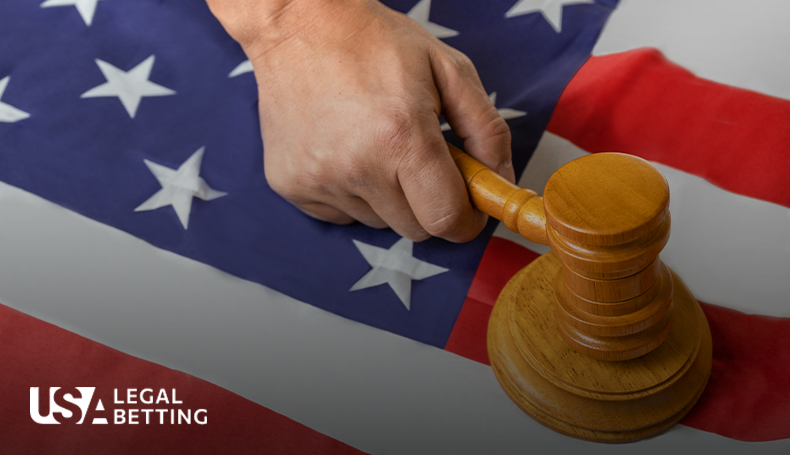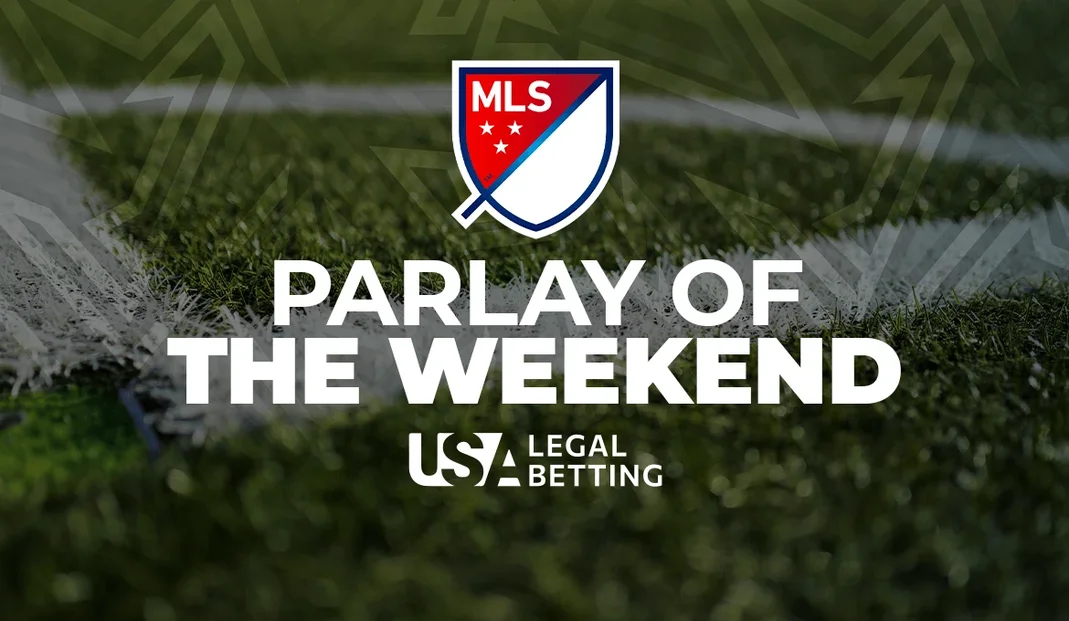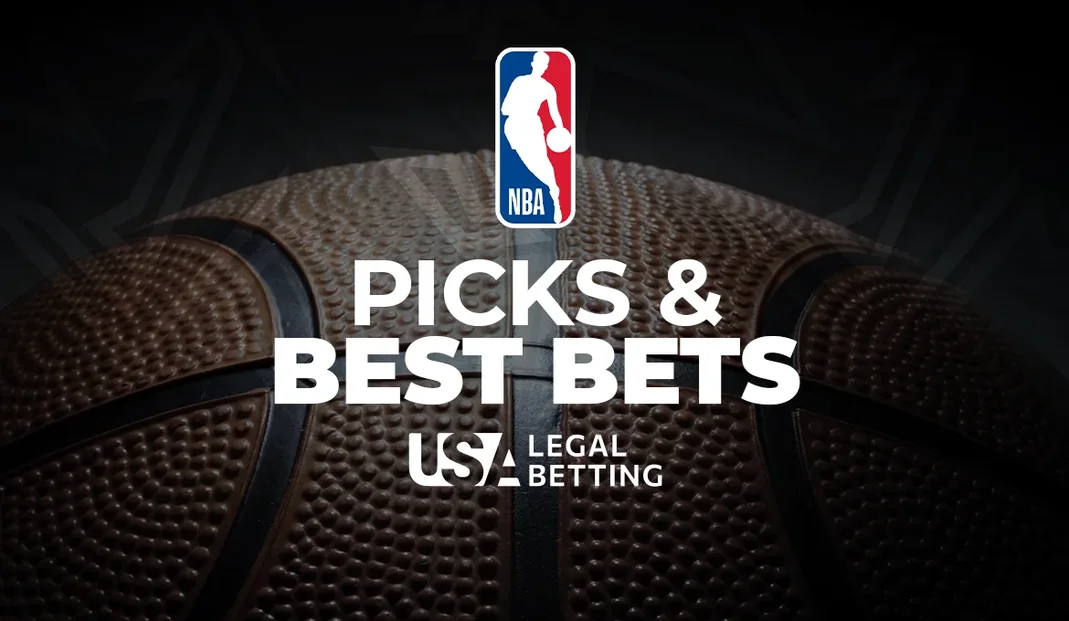Baker’s letter was in response to Congress’ request for additional information regarding instances of suspicious betting behavior.
“This kind of transparency is crucial for the integrity of the game and the success of legal sports betting,” Titus said. “Now that we have answers from the NCAA, I need to hear from professional sports leagues about their efforts to protect players and the public from illegal activities.”
The 175 breaches of the gambling policy ranged from student-athletes placing bets of as little as $5 to sharing sensitive information that could drastically change the complexion of a particular event from a gambling perspective.
In addition to the 175 violations, Baker said that roughly 0.25% of the NCAA’s estimated 13,000 sporting events were flagged for suspicious betting activity, and that “a much smaller percentage have specific, actionable information.”
The NCAA works with accountability firms such as U.S. Integrity to manage its events and educate student-athletes about the dangers of betting on games, sharing privileged information, or committing other offenses of the gambling policy.
U.S. Integrity was responsible for alerting regulators in Ohio of suspicious betting patterns during an Alabama-LSU college baseball game that saw one man bet $100,000 on the Crimson Tide after receiving a text from head coach Brad Bohanon that their starting pitcher was being scratched. Lines for the game were pulled from sportsbooks, and that coach was eventually fired by the university.
It is unclear if the culprit (Bert Neff Jr.) was placing the bets on Bohanon’s behalf, but it is known that the latter was aware the former was using the information to place wagers.










